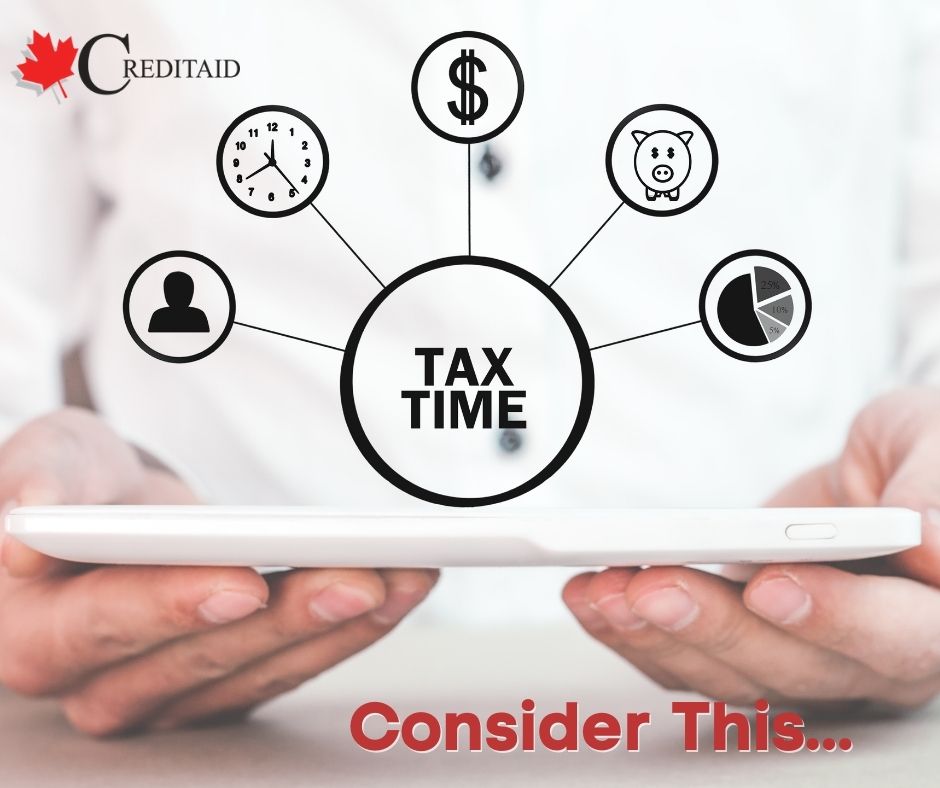If you’re used to getting a large tax refund at tax time, you may be surprised to see this year’s return. Many taxpayers aren’t getting the refund they’re used to, and millions aren’t getting a return at all.
To maximize your tax refund, make sure your taxes include these deductions, if applicable to your situation.
Home Office Expenses
If you worked from home in 2020 as an employee, you may write off some expenses incurred. If you’ve never claimed a home office expense before, you have two options:
- Temporary flat rate method – You claim $2 for every day you worked from home because of the COVID-19 pandemic with a maximum of $400. You don’t have to prove your claim, and your employer doesn’t have to file Form T2200.
- Detailed method – You can claim actual expenses paid working from home whether you worked from home due to the COVID-19 pandemic or your employer always requires you to work from home. You must provide documentation supporting the amount you claim and your employer must complete Form T2200.
Childcare Expenses
If you paid for daycare, summer camp, or a nanny in 2020, you can write off the expenses. The Canadian government allows you to write off up to $8,000 per year for kids under 7 and up to $5,000 for kids over 7 and younger than 16.
Professional Expenses
If you incur expenses to do your job, such as a cellphone or office supplies, you may write them off on your 2020 taxes. Just make sure the items you claim are required by your employer (in writing) and you didn’t receive an allowance for them.
You may also write off any professional dues, such as union dues or professional board dues. You may also write off any required insurance premiums for your job.
Medical Expenses
If 2020 was an expensive medical year for you, determine if you qualify to write them off. You can write off just about any eligible medical expense including ambulance service, cancer treatment, crutches, hearing aids, and heart monitoring devices just to name a few.
Interest Paid on Student Loans
You borrowed money to go to school and now you’re drowning in student loan debt. Fortunately, you can write off the interest on federal loans from the Canada Student Financial Assistance Act and the Canada Student Loans Act.
Student loan interest can reduce the taxes you owe, but it’s not refundable, which means you can only claim as much interest as brings your tax liability to zero.
Lower your Tax Liability for the 2020 Tax Year
Getting a lower (or no) tax refund isn’t fun, but there are plenty of ways to increase your deductions and therefore your refund. Work with a tax advisor to make sure you take advantage of every tax deduction available to you – refundable or not. The lower liability will increase your refund and lighten your load for 2021.


